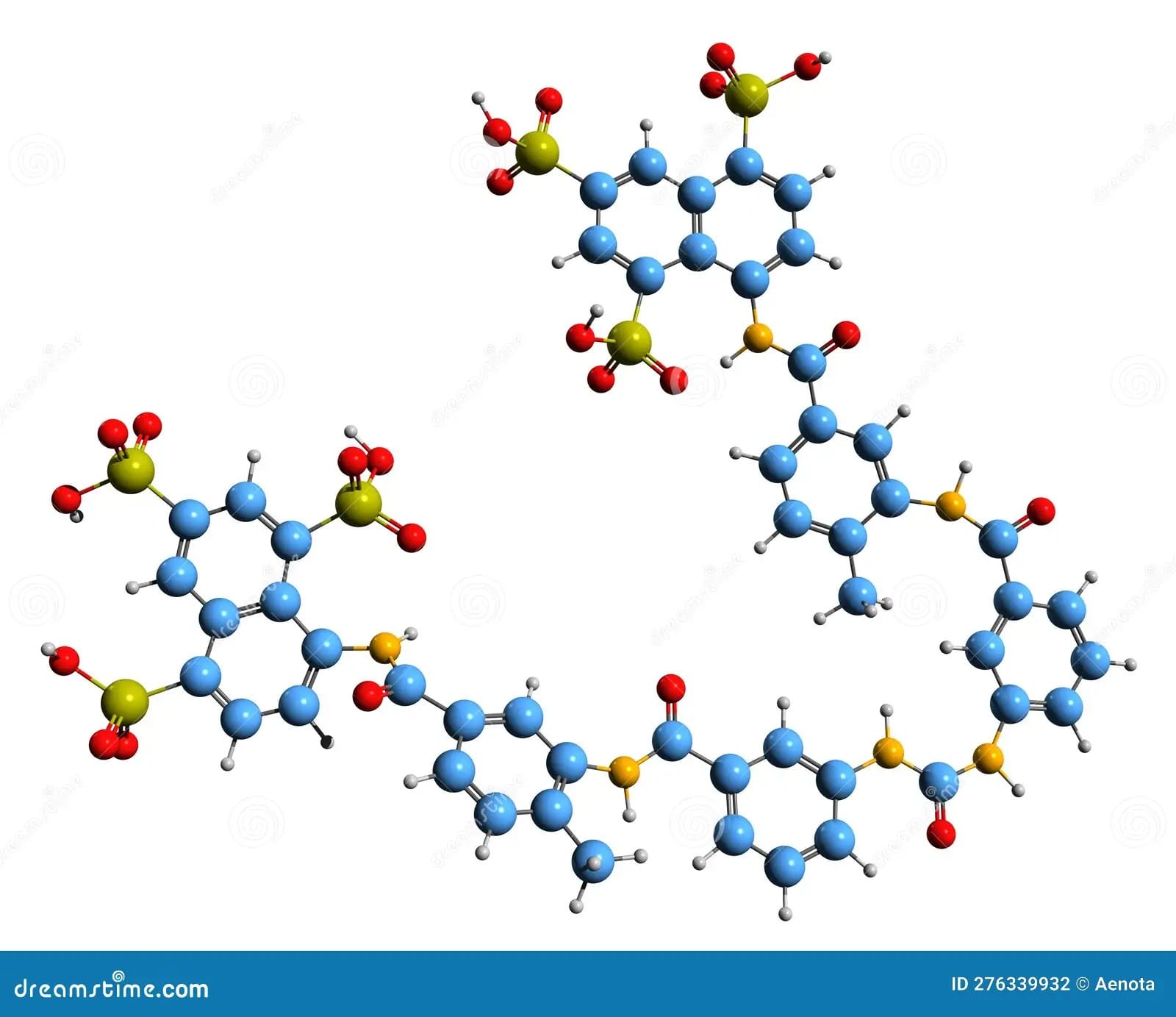Could This Century-Old Drug Hold the Key to Unlocking Autism Treatment?
A century-old drug, originally developed for African sleeping sickness, is now showing remarkable potential in treating the core symptoms of autism. This drug, suramin, is an antiparasitic medication that works by inhibiting certain enzymes necessary for the parasite’s survival. But in a surprising turn of events, researchers have discovered that suramin may also hold the key to alleviating the challenges faced by individuals with autism.
Suramin and Autism: A New Pathway to Treatment?
The exploration of suramin as a potential autism treatment stems from its impact on “purinergic signaling.” Let’s break this down:
- Cellular Communication: Imagine our cells constantly “talking” to each other, exchanging information crucial for the body to function correctly. This “chatter” is purinergic signaling—a specific type of cellular communication particularly vital for the brain.
- Disruptions in Autism: Scientists believe that purinergic signaling might be disrupted in the brains of individuals with autism. Imagine a radio playing on the wrong frequency – the message becomes unclear. This disruption could contribute to the characteristics we see in autism.
- Suramin as a Cellular Mediator: Here’s where suramin enters the picture. It functions as a “purinergic antagonist,” essentially hitting the “pause” button on excessive purinergic signaling. The goal is to restore balance to this communication, like fine-tuning that radio dial for a clearer signal.
Promising Early Findings in Research
This new understanding of suramin’s effect on cellular communication has led to clinical trials exploring its potential in autism treatment, and the initial findings have been quite encouraging. A small 2017 study, known as the SAT-1 trial, provided the first glimpse of hope. Researchers observed the following:
- Study Design: A small group of boys with autism received a single intravenous dose of suramin.
- Positive Outcomes: The treatment was found to be safe and well-tolerated. Importantly, significant improvements were observed in core autism symptoms, including language skills, social interaction, and a decrease in repetitive behaviors, compared to the placebo group.
- Lasting Effects: What’s even more encouraging is that these improvements persisted for several weeks after just that single dose.
PaxMedica: Pioneering Suramin Research for Autism
Inspired by the SAT-1 trial results, PaxMedica, a clinical-stage biopharmaceutical company, has taken the lead in furthering suramin research for potential ASD therapies. In their PAX-101 (IV Suramin) Phase 2 trial, the company reported positive topline results, further indicating a reduction in several core symptoms of autism.
Addressing the Need for Effective Autism Treatments
The potential of suramin as an autism treatment addresses a crucial gap in the field. Currently, there is no cure for autism spectrum disorder (ASD). Existing treatments primarily focus on:
- Managing Symptoms: Therapies and interventions help individuals manage the challenges associated with autism.
- Improving Quality of Life: The focus is on enhancing the overall well-being of those with ASD.
However, suramin offers something more profound—the possibility of directly targeting the underlying biological mechanisms of autism.
Suramin: A Potential Paradigm Shift in Autism Treatment
If further research confirms its efficacy and safety, suramin could represent a paradigm shift in how we approach autism treatment.
- Targeting the Root Cause: Instead of solely managing outward symptoms, suramin has the potential to address the core cellular disruptions thought to be involved in ASD.
- Restoring Balance: By modulating the “cell danger response,” suramin is hypothesized to restore normal cell signaling, potentially alleviating core deficits associated with autism.
The Importance of Continued Research and Ethical Considerations
While the initial findings are promising, it’s crucial to proceed with a balanced perspective.
- Further Research is Critical: Larger, longer-term studies are necessary to confirm the safety and efficacy of suramin, determine optimal dosages, and assess its long-term effects.
- Ethical Considerations: As with any potential medical breakthrough, careful consideration must be given to the ethical implications. Open discussions about informed consent, potential risks and benefits, and long-term monitoring are essential.
A Future of Hope for Autism Treatment
The emergence of suramin as a potential treatment for autism offers renewed hope for a future where effective pharmaceutical therapies are a reality. While it’s not a tardigrade plush that brings immediate comfort, and we’re not at the point of picturing a tardigrade on finger representing a cure, the scientific community is diligently working to understand how suramin might improve the lives of individuals with autism and their families.
- Unlocking 2-Letter Words with U: The Definitive Guide - April 4, 2025
- Unlock Words with the Letters THREE: Top Unscramble Tools 2025 - April 4, 2025
- Master Scrabble: X & Z Words for High Scores - April 4, 2025
















